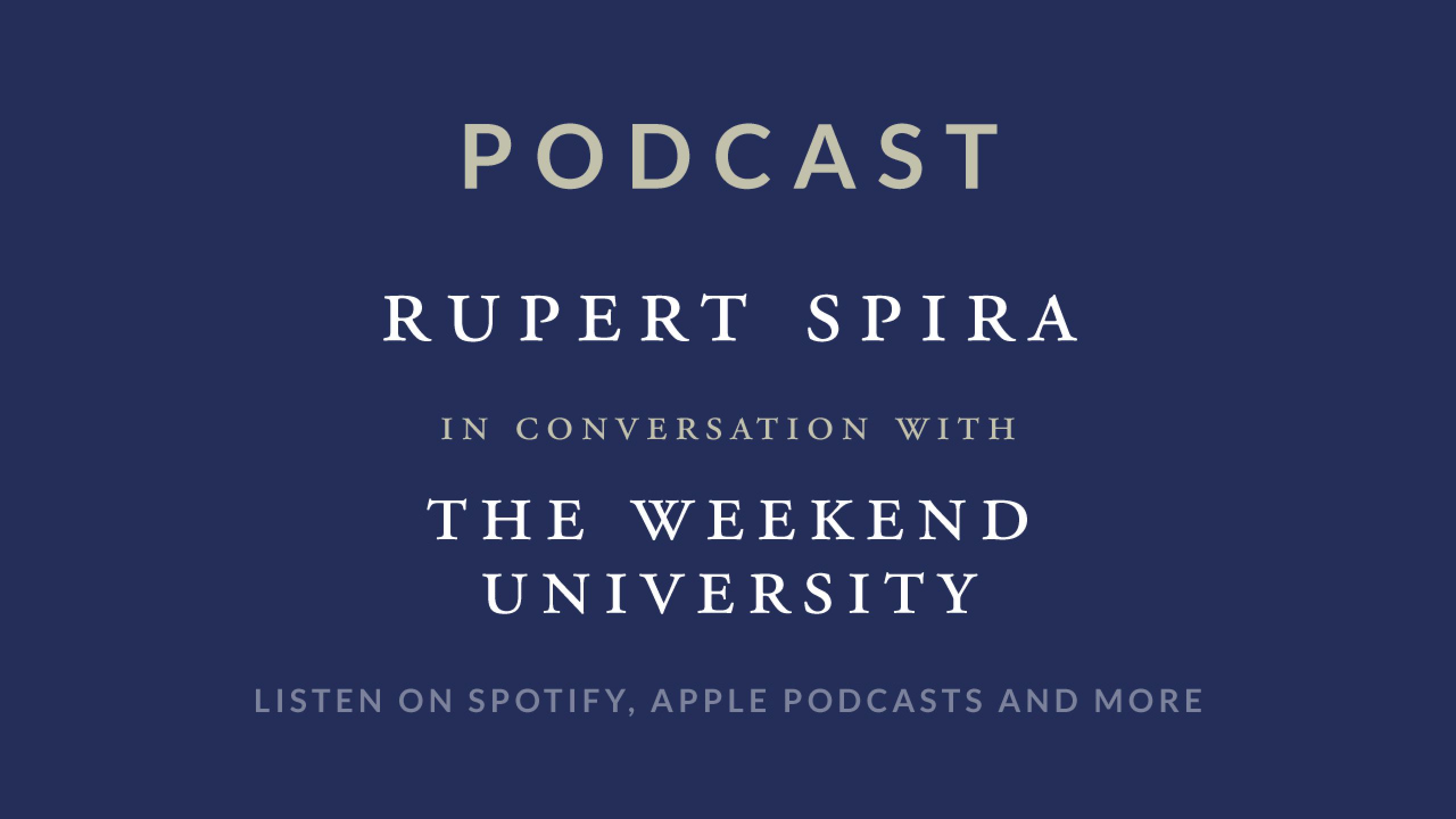(For more info about the event and other speakers, and links to some relevant reading materials, click here.)
At the start of his talk, Rupert states: ‘If we want to speak accurately about the nature of consciousness, we should really remain silent’. He counters this pronouncement, however, with the immortal words of a Zen master, who said, ‘If I speak, I tell a lie; but if I remain silent, I am a coward’. He suggests that the reason silence would be cowardice is that the innumerable problems and conflicts facing the world all stem from ‘our mistaken notion about the nature of reality’.
He attempts two definitions. The first is more an exploration of experience in order to evoke the recognition of consciousness and its nature in each of us.
‘Whatever it is that knows our thoughts, feelings, sensations and perceptions is not itself a thought, feeling, sensation or perception. It is not itself an experience’. All experiences come and go, but whatever it is that is aware of them remains consistently present.
This consistent presence is, Rupert says, ‘the alpha and omega, the first and last, and everything in between. It is the eternal in the temporary’. We may be agitated or disturbed; our feelings may be characterised by a sense of lack; but the knowing with which they are experienced is always free from any of those characteristics. It is pristine, both undisturbed and ‘undisturbable’. Its nature is therefore peace. If we look, we can find no limit to it; it is therefore infinite. While it is the very essence of our self, it is impersonal.
His second approach is more philosophical, addressing the relationship between consciousness and reality. He uses his often-cited dream analogy to demonstrate this: in order to perceive the dream world, the dreamer’s mind must overlook itself and localise itself as a character within its own dream as an apparently separate subject of experience. Imagine someone who is often fearful in daily life, and who dreams she’s being chased by a tiger. In this example, the fear that is an ongoing quality of her mind in the waking state is now being projected outside the dreamed character version of her as matter (in the form of a tiger). The dreamer’s thoughts and feelings appear as her dreamed character’s environment.
Rupert then invites us to consider the possibility that, when in the waking state, what appears to us as our environment – what we call ‘matter’ – is in fact a dream state for universal consciousness. The universe as we know it is in reality how (in religious language) the mind of God appears to us from our limited and localised perspective. The universe as we know it therefore results from the intersection of two segments of reality: the universal and the individual.
Consciousness, he says, gives birth to existence within itself in the form of the subject–object relationship. Manifestation occurs as consciousness contracts into an apparently separate subject of experience. In doing so, it loses touch with its innate peace and joy. It sacrifices itself for the sake of creation just as a mother sacrifices herself to bring forth her child. This is why we all long for peace and happiness above all else. To be returned to our origin, our natural state.
Rupert concludes with quotations from William Blake, William Wordsworth, and a wonderful story about William Turner of Oxford to illustrate this knowing of fundamental unity from the realm of poetry and art. Turner, returning from painting on Hampstead Heath, was approached by a local resident who asked to have a look at his day’s work. After some time, he said, ‘Mr Turner, I’ve lived in Hampstead for forty years, but I’ve never seen a view on the Heath like that’. To which Turner replied, ‘No, but don’t you wish you could?
